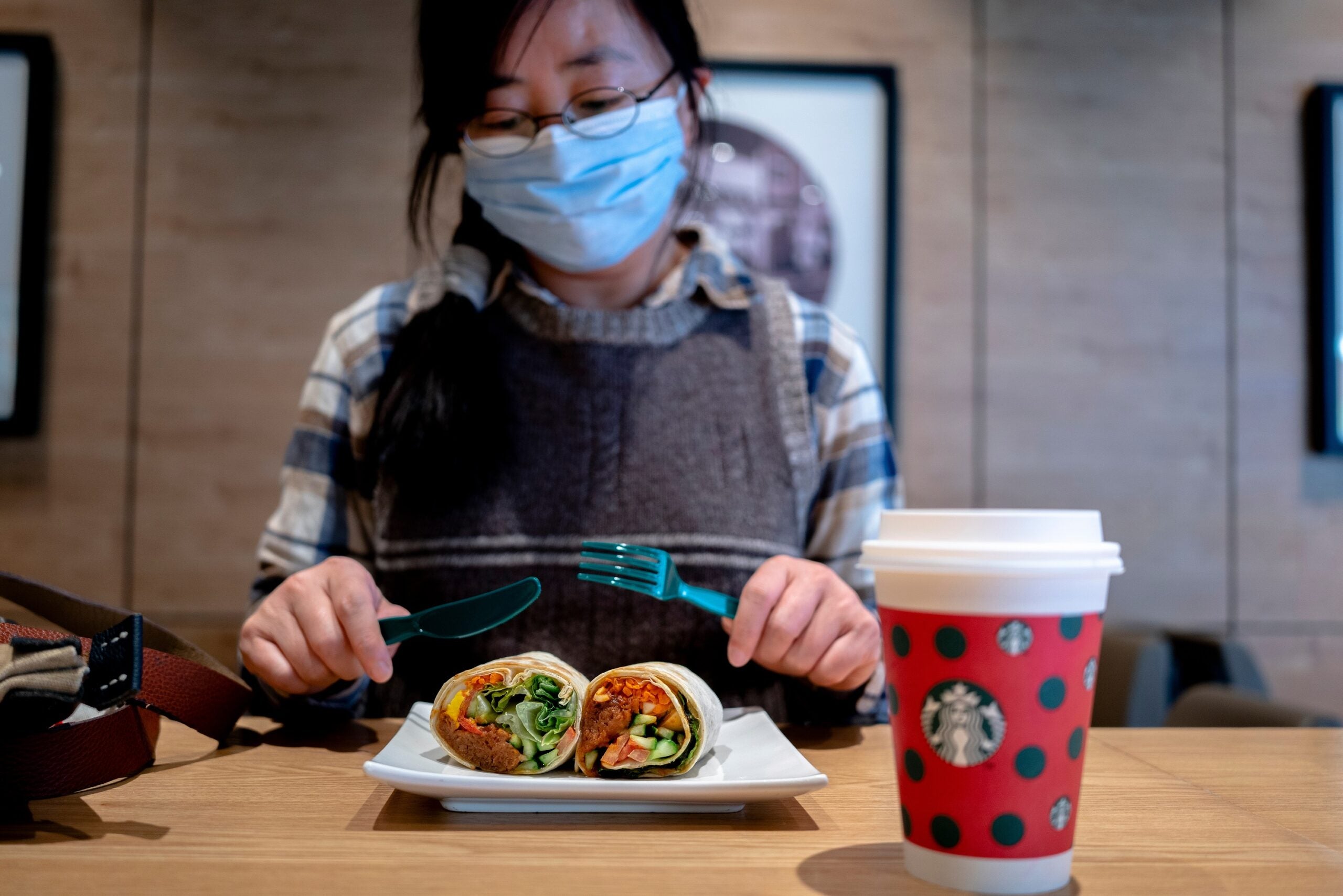We’ve all seen the numbers. According to an August report from Bloomberg, the global market for plant protein alone is on track to exceed US$162bn by 2030, up from less than $30bn last year.
At that point, it would control nearly 8% of the world’s protein market.
Sales of plant-based meat and fish alternatives may reach 5% of the total meat and fish market by 2030, it is suggested.
Plant-based dairy already accounts for nearly 5% of the total dairy market, and that’s expected to double in the next decade. You get the idea.
Alternative proteins are growing rapidly worldwide. And the same could be happening in China if geared correctly, where 700 million consumers under 40 can help drive new interest in plant-based meats.
But, despite the growing recognition of next-generation plant-based protein in China, it also faces some backlash from consumers. A recent video on social media showing a famous young actress promoting plant-based meat dumplings sparked an online debate about the affordability and nutrition of plant-based meat products.

US Tariffs are shifting - will you react or anticipate?
Don’t let policy changes catch you off guard. Stay proactive with real-time data and expert analysis.
By GlobalDataAnd there are even concerns that foreign companies often hold the core technologies behind these new protein products – will that intellectual property take advantage of Chinese consumers without benefiting growing companies in the region?
The fact is that in China mainstream consumer knowledge and adoption of new protein products are far from there yet, and there are no short cuts.
Celebrity-driven buzz comes and goes, but it doesn’t last. Companies need to be very cautious, as only the right products can help win over Chinese consumers in China, and it will take time.
What about cultivated meat? Is it a path of less resistance in China? Some people may pause here and ask.
On 27 January, Time magazine reported on the release of China’s Ministry of Agriculture and Rural Affairs’ five-year agricultural plan, highlighting that cultivated meats and plant-based products were part of the country’s approach to food security in the future.
It’s promising, but let’s not get too excited yet.
For one thing, it’s early, and reading the tea leaves of ever-evolving China policy is an on-going process that takes time, patience, and, above all, consistency of effort and attention. Decades of experience in China tell us this, and it will be no different for alternative protein.
It’s worth noting that local media has not yet mentioned anything on this front so far that I’ve seen. Below is the translated paragraph from the report that refers to cultured meat as part of the five-year plan. It’s mentioned just once, buried in the 45-page document, and is quite hard to find.
“Food manufacturing of the future: Research cell-based meat, synthetic egg cream, functional recombinant protein cultivation, and manufacturing technology of other nutritional foods, promoting the use of high-value agricultural product resources, component interaction and quality control, new food resource mining, food big data, food omics, functional technological innovations such as functional food, molecular food creation, food hazard monitoring and evaluation.”
Essentially, the government plans to encourage more research into new, food-related technologies, and cultured meat is just one of them. It isn’t calling for the addition of these products to the market. At the same time, the five-year initiative seems to emphasise the need for further development of China’s livestock industry.
Overall, while it is encouraging to the alternative protein industry, positioning this report as a ground-breaking policy change seems a little over-enthusiastic.
Meat consumption worldwide has been on the rise for decades, including in China, where rising incomes and living standards are driving new demand for quality protein. Though urgent, a solution to this problem requires patience, persistence, and long-term planning for plant-based and cultivated proteins.
Although momentum has been building up in this sector over the past two years, the reality is that the alternative protein sector is still relatively nascent in China. That’s OK because building a new industry in China is not a sprint but a marathon.
The game-changers in this space will be those entrepreneurs who know how to conquer the stomachs and minds of China’s mainstream consumers and the investors who are prepared to support them, each step along the way and for the long run.
I wish everyone a happy and prosperous Year of the Tiger in 2022.
Tao Zhang is a co-founder of Dao Foods International, an investor in plant-based and alternative protein companies based in mainland China.





